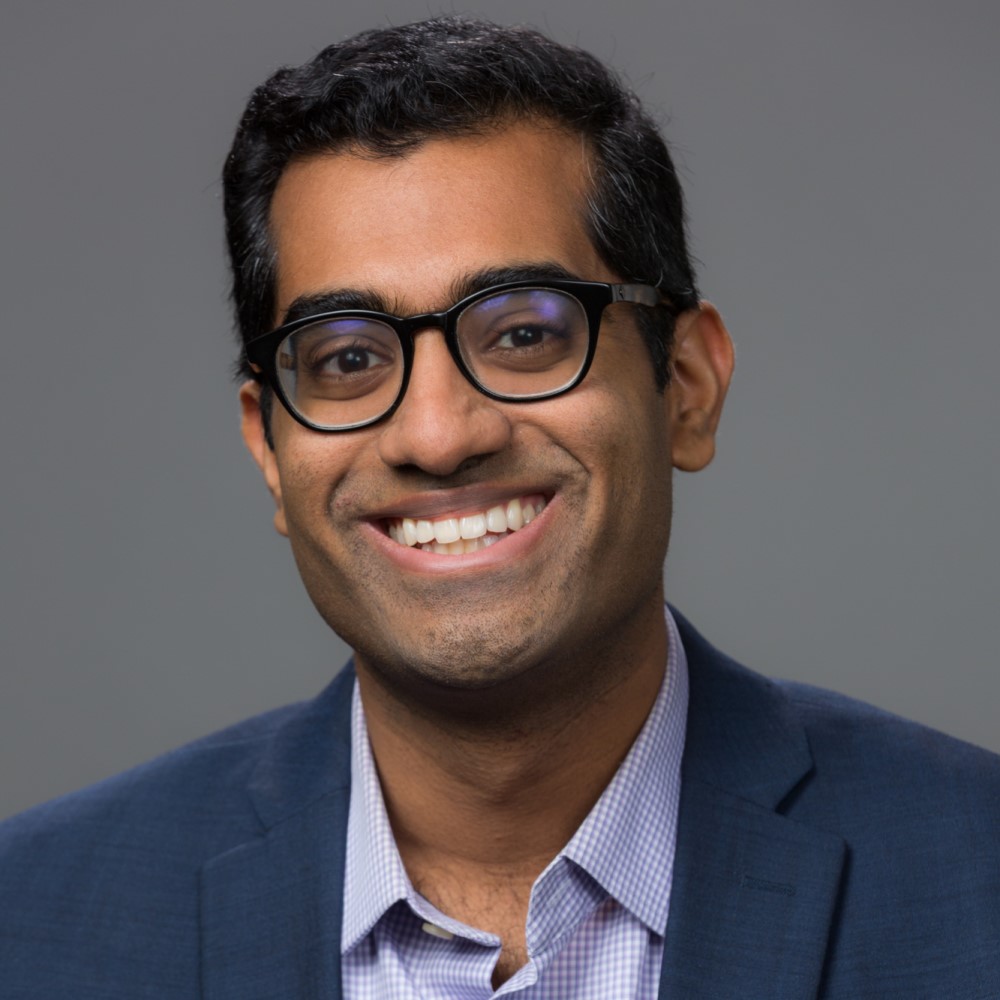About Me
I am a Doctoral Candidate in the Department of Finance at Duke University’s Fuqua School of Business, and completed my undergraduate studies at Pomona College. Prior to graduate school, I was a research assistant at Chicago Booth and an Analyst at Cornerstone Research.
My research is in empirical corporate finance, related to private equity and entrepreneurship.
Curriculum Vitae
Working Papers
(with Ashvin Gandhi and YoungJun Song)
Abstract (click to expand): This paper studies how product market competition may affect how private equity (PE) acquisitions impact consumers. To do so, we examine 77 PE deals covering 1451 facilities in the nursing home industry between 1993 and 2017. We find significant heterogeneity in the effect of PE ownership according to levels of local market concentration. In highly competitive markets, PE owners increase staffing by $72,501 worth of care annually, while in less competitive markets they reduce staffing by an average of $18,604. These results suggest that PE owners are more sensitive to competitive incentives than non-PE owners. Policymakers concerned about the potential adverse effects of PE ownership on consumer stakeholders should therefore pay careful attention to whether acquisitions occur in concentrated markets. We further show that PE-owned nursing homes respond more strongly to policies intended to spur competition. We study the introduction of the Five-Star Quality Rating System, a policy that increased the salience of staffing for consumers. Following its introduction, PE-owned facilities increased their staffing by an average of $77,063 worth of care more than their non-PE counterparts. Moreover, PE managers more aggressively shift their staffing composition towards registered nurses (RNs) in response to the rating system's emphasis on RN staffing. Taken together, the effect of market concentration and pro-competition policies are substantial. PE owners in highly competitive markets under the five-star system raise staffing expenditure by 3.6% of the mean, or enough to raise RN staffing by 18% of the mean. In contrast, acquisitions in less competitive markets prior to the five-star system lowered staffing expenditure by 4.3% of the mean, cost-equivalent to reducing RN staffing by 21% of the mean.
(with Ashvin Gandhi and YoungJun Song)
Abstract (click to expand): Over 40% of U.S. COVID-19 deaths occurred in nursing homes. Given increasing private equity (PE) ownership in healthcare and long-standing concerns that PE investors focus on profits to the detriment of patients, it is important to understand the impact of PE ownership during the COVID-19 pandemic. This study evaluates how PE acquisitions impacted the readiness and outcomes of nursing facilities during the onset of the COVID-19 pandemic. We relate PE ownership to COVID-19 cases, deaths, and personal protective equipment (PPE) shortages, controlling for facility characteristics, resident composition, local characteristics, and the severity of COVID-19 outbreak near the facility. PE ownership was associated with a mean decrease in probability of confirmed resident cases by 7.1 percentage points ("pp"), confirmed staff cases by 8.7 pp and resident deaths by 2.3 pp. PE was also associated with decreased probability of PPE shortages—including N95s (6.4 pp), surgical masks (7.6 pp), eyewear (4.8 pp), gowns (7.0 pp), gloves (3.3 pp), and hand sanitizer (2.3 pp). Facilities previously (but not presently) owned by PE firms did not fare similarly well. Prior PE ownership was associated with increased PPE shortages and, if anything, higher probability of resident outbreaks. Our results indicate that—contrary to a common media narrative—PE-owned facilities have actually fared better under the COVID-19 pandemic. They also suggest that the long-run consequences of PE ownership warrant further research.
Work in Progress
Vacancy Chains and Real Estate Pass-through
(with Ashvin Gandhi)
Highly Localized Determinants of Housing Supply
(with Ashvin Gandhi)
